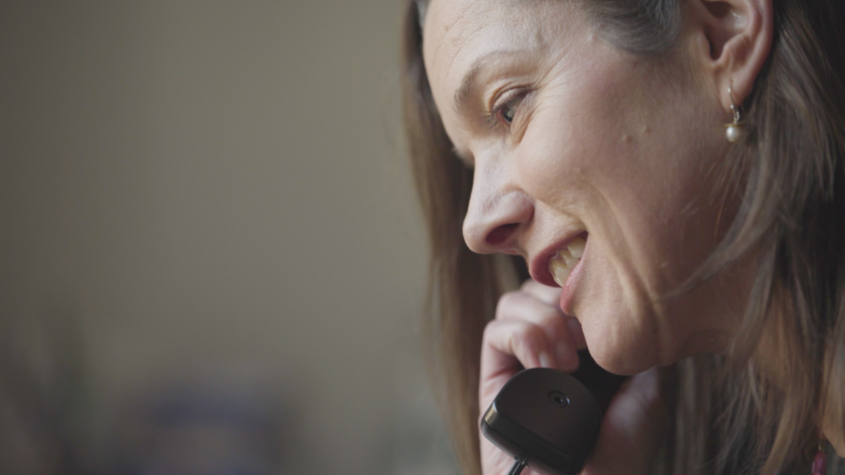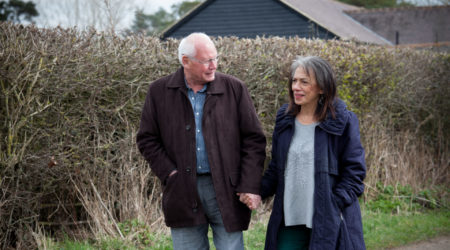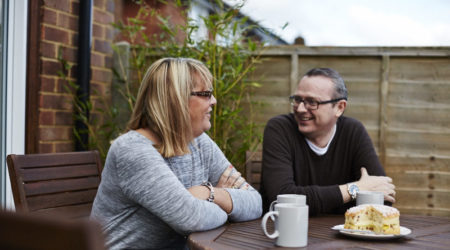What can help you to cope?
- Make sure you look after yourself. Try to eat well and rest as much as you can.
- It can help to keep active in some way, such as going for a walk.
- If you are struggling to sleep it can help to find a routine and ways to wind down. Reading a book, listening to calm music or having a bath before going to sleep might help.
- Take all the time you need, and take things at your own pace.
- Don’t fight your emotions or feel you can’t cry.
- It’s ok to share how you are feeling with others, and can be an important part of grieving.
- You may want to talk to your family and friends. You might find it comforting to share memories of your loved one with people who knew them well.
- Some people might not know what to say, or worry about upsetting you. This can make it hard for you to talk about how you are feeling. You could try letting them know what you do or don’t feel comfortable talking about, and ways you think they could help. Cruse Bereavement Care have information on supporting someone who is grieving, which may be helpful to share with those close to you.
- Finding ways to remember your loved one may help, especially on special dates like birthdays or anniversaries. Our Together in Memory page lets friends and family leave messages and share photos in one place.
- You could try create a memory box of items can help, such as pictures, letters or their favourite things. You can come back to the box when you are thinking about your loved one.
- You can also talk to healthcare professionals, such as your GP, about how you are feeling.
- Some people find counselling helps. Counselling gives you a safe place to come to terms with your feelings, and helps you find ways to cope. The British Association for Counselling and Psychotherapy has information about counselling and finding a counsellor. Your GP can help you find a counsellor, and your local hospice may offer counselling and other support. Find your local hospice.
- If you are worried about practical things, such as work, money or even socialising with friends again, Macmillan Cancer Support has information on their website. For example, you may be eligible to claim benefits if you are bereaved.
- Some people find it helpful to fundraise for a charity, as a way of doing something positive in their loved one’s memory. If you are interested in this, find out how you could fundraise for us.



